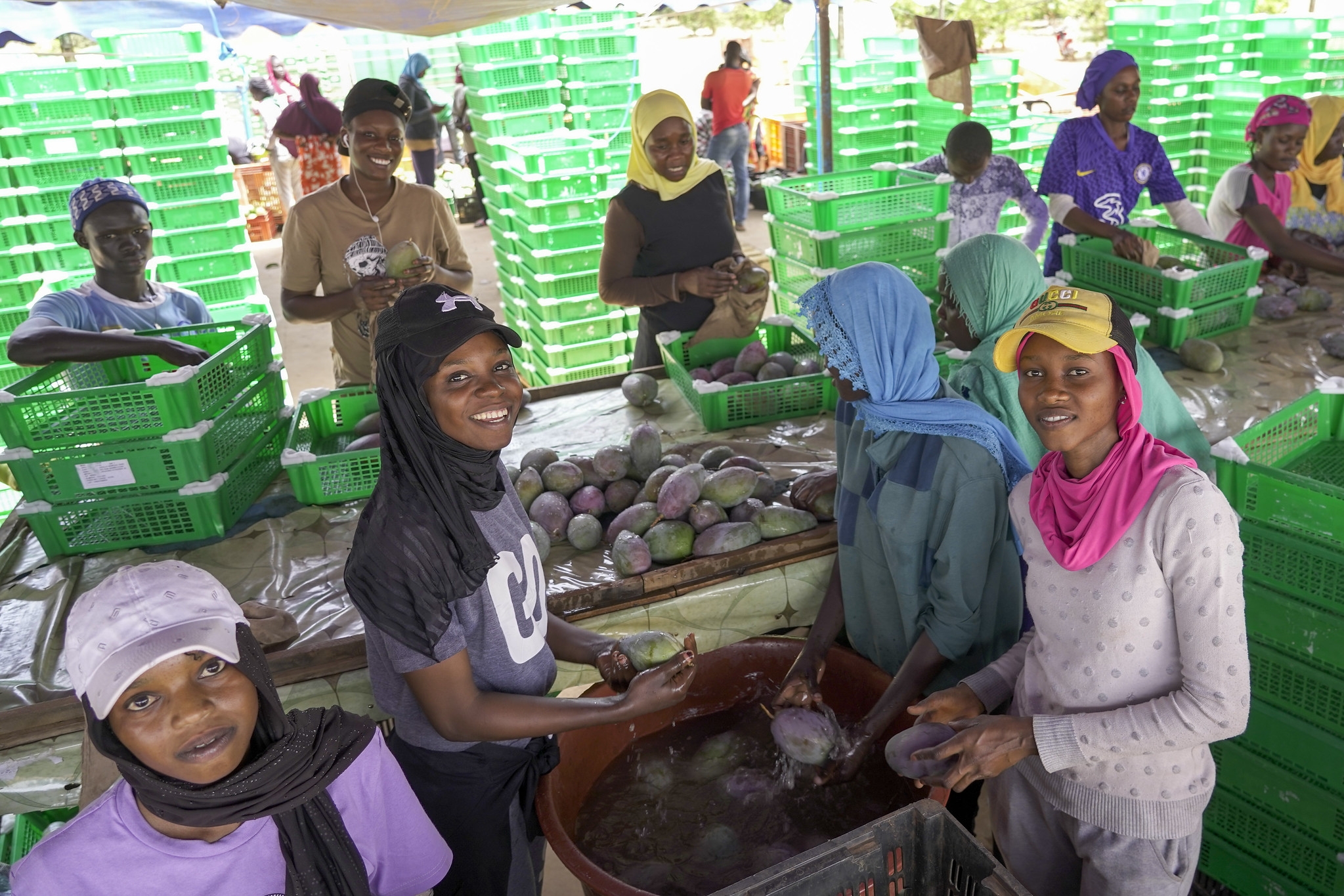
The overall objective of this project is to strengthen Senegal's phytosanitary capacity to promote its exports of fruits and vegetables and to contribute to food security in the country.
More specifically, the project will update Senegal's legal and regulatory phytosanitary frameworks in line with international regulations and treaties, strengthen the operational capacity of the national phytosanitary system and enhance the skills and competences of the National Plant Protection Organization (NPPO) and other stakeholders of the national phytosanitary system.
Like many Sahelian countries, Senegal is affected by the effects of climate change, with the related increased risks of proliferation of cross-border pests and diseases, which can endanger crops and stored foodstuffs and have been the cause of interceptions of exported plants and plant products.
Senegal's NPPO, the "Direction de Protection des Végétaux" (DPV), conducted an assessment of the national phytosanitary capacity using the IPPC Phytosanitary Capacity Evaluation (PCE) tool. The assessment identified the following key weaknesses and challenges in the country's phytosanitary system:
- An outdated law on phytosanitary control. The existing phytosanitary law dates from 1952. The legislative and regulatory framework which governs plant protection needs to be updated to be consistent with the IPPC, the WTO SPS agreement and with other international commitments made by Senegal.
- Lack of a risk-based certification approach and lack of an evaluation or audit mechanism.
- Absence of a regulatory frameworks covering new concepts such as risk analysis.